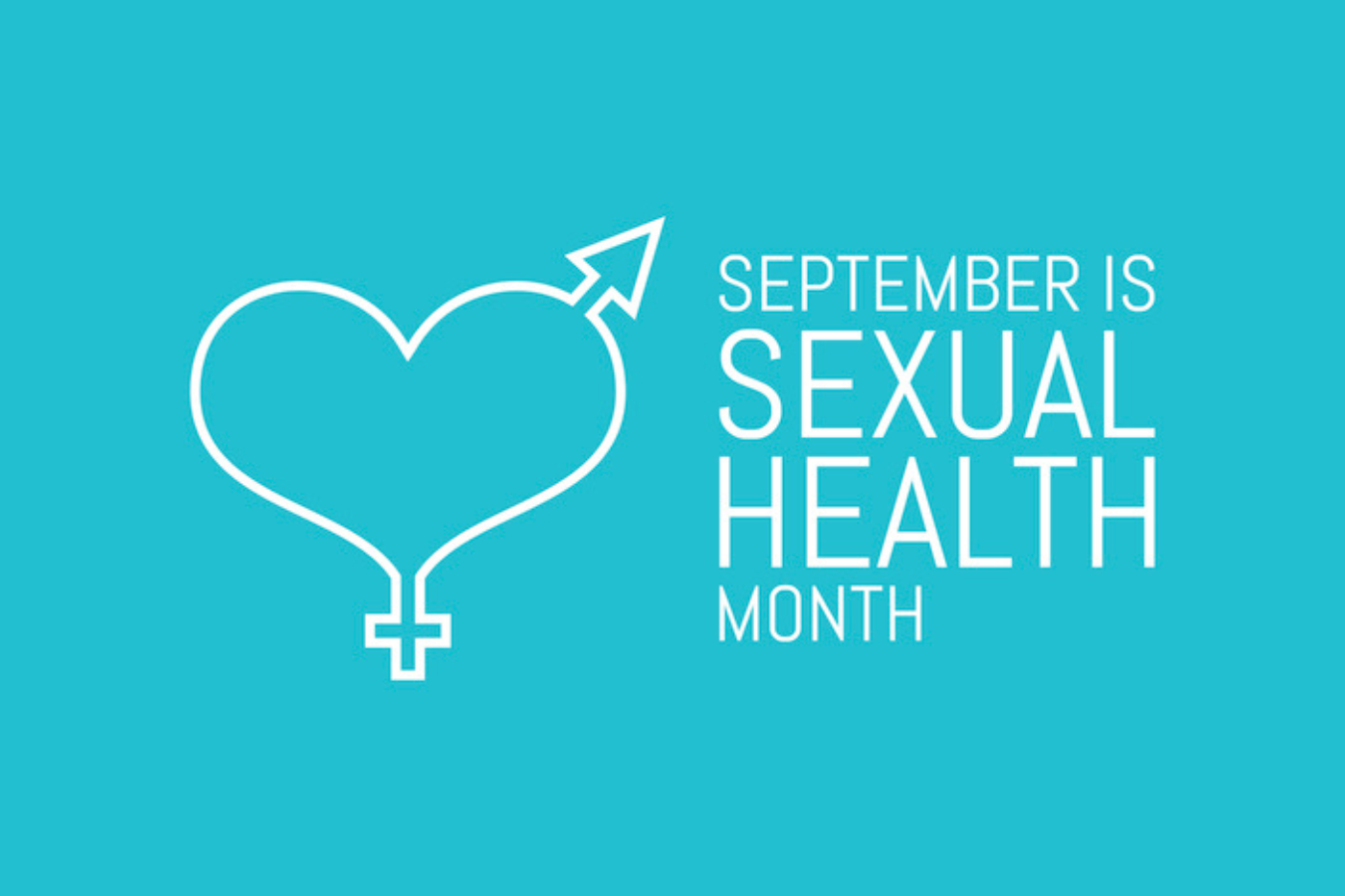Navigating Sexual Health: Ideas for Empowerment and Awareness
September is Sexual Health Awareness Month and as ObGyn providers, it’s natural for us to remind our patients that sexual well-being is an integral part of your overall health. By engaging in open conversations with us and by educating yourself, you will be empowered to make informed decisions and advocate for your sexual health. Whether you’re a teen exploring your changing body, a young adult navigating relationships, or someone seeking information about sexual health at any stage of life, we’re here to provide resources, insights, and guidance when asked.
Some ideas to keep in mind:
Consent and Communication Are Key
Open communication is the cornerstone of healthy relationships and sexual experiences. Learning to be comfortable about establishing boundaries, talking about your desires, and consent with your partner(s) is an important part of sexual health.
Speaking of consent, it is the foundation of sexual activity. All parties should willingly and happily agree to engage in sexual activities. Consent is ongoing and can be withdrawn at any time.
Navigating Safer Sex
Safe sex practices and avoiding risky behavior are crucial to preventing sexually transmitted infections (STIs) and unplanned pregnancies. From the proper use of condoms to exploring different contraceptive methods, our team can provide information that might be helpful in making responsible decisions about your sexual health.
Sexually transmitted infections (STIs) can affect anyone who is sexually active. Learning about STIs, their transmission, prevention, and management is crucial for maintaining good sexual health – after all, knowledge is power. We can help answer questions and encourage you to educate yourself about common STIs such as chlamydia, gonorrhea, syphilis, herpes, and human papillomavirus (HPV). Recognizing the signs and symptoms can lead to early detection and treatment.
More, consistently and correctly use barriers like condoms or dental dams during sexual activity. These barriers can greatly reduce the risk of STI transmission. Remember that condoms are not just a contraceptive method; they also serve as a powerful tool for STI prevention.
Last, did you know vaccinations are available for certain STIs, such as HPV and hepatitis B.? These vaccines can provide significant protection against infections that can have long-term health consequences. Talk with our team to learn more.
Embracing Sexual Pleasure
Sexual health isn’t just about avoiding negative outcomes; it’s also about experiencing pleasure and intimacy, which are important aspects of human sexuality. It involves exploring your own desires, preferences, and engaging in consensual and respectful sexual activities. Education about anatomy and various sexual practices can be helpful, and we’re happy to answer any questions you have – our bodies are truly amazing.
Low Libido, Painful Sex
Sometimes finding sexual pleasure can be challenging. Low libido, or reduced interest in sexual activity, and painful sex are more common than you might think and can be linked to a variety of factors, including physical, psychological, and hormonal influences. Understanding the root cause is the first step; potential causes may include stress, lifestyle concerns, relationship problems, hormonal imbalances, certain medications, and underlying medical conditions.
Use us as a resource. We can help you explore potential causes and suggest appropriate treatments.
Self-Care and Body Positivity
Practicing self-care and cultivating a positive body image can have a significant impact on your self-esteem and sexual confidence. Engage in activities that make you feel good about yourself, whether it’s getting out in nature, exercise, connecting with friends, or pursuing personal interests, you’ll be surprised at how you can boost your overall sense of attractiveness and desirability.
Sexual Orientation and Gender Identity
Sexual health is inclusive and diverse, and everyone’s journey is unique. While our role in sexual health leans toward clinical, we can serve as a sounding board and help you find supportive communities. Some of our team have special interests in LGBTQ+ health concerns and are here for you.
Remember, you’re not alone on this journey of sexual health—there’s a wealth of resources ready to guide you toward a healthier and more fulfilling sexual life, including our team.

